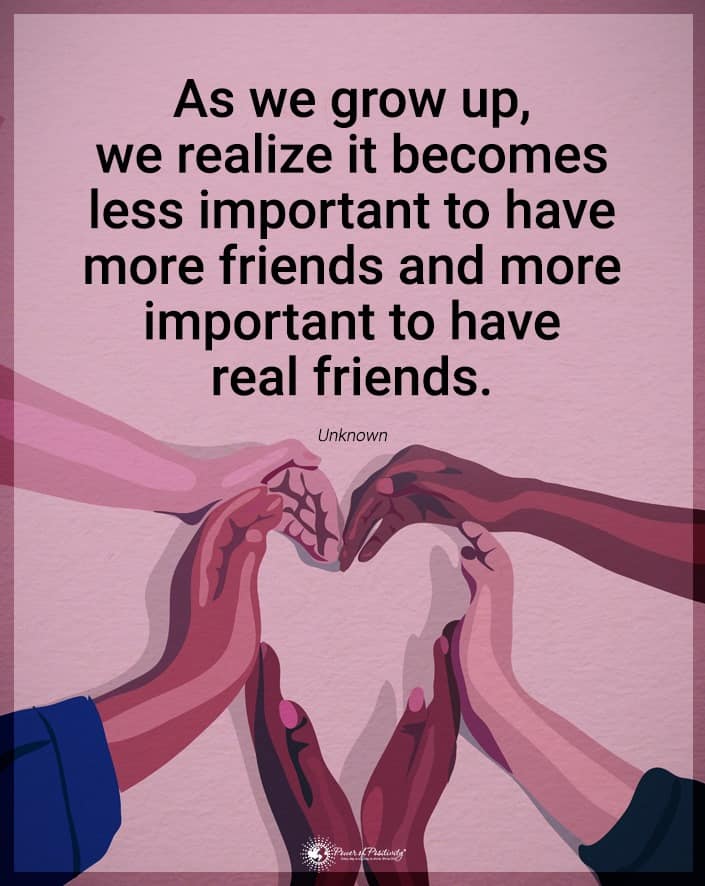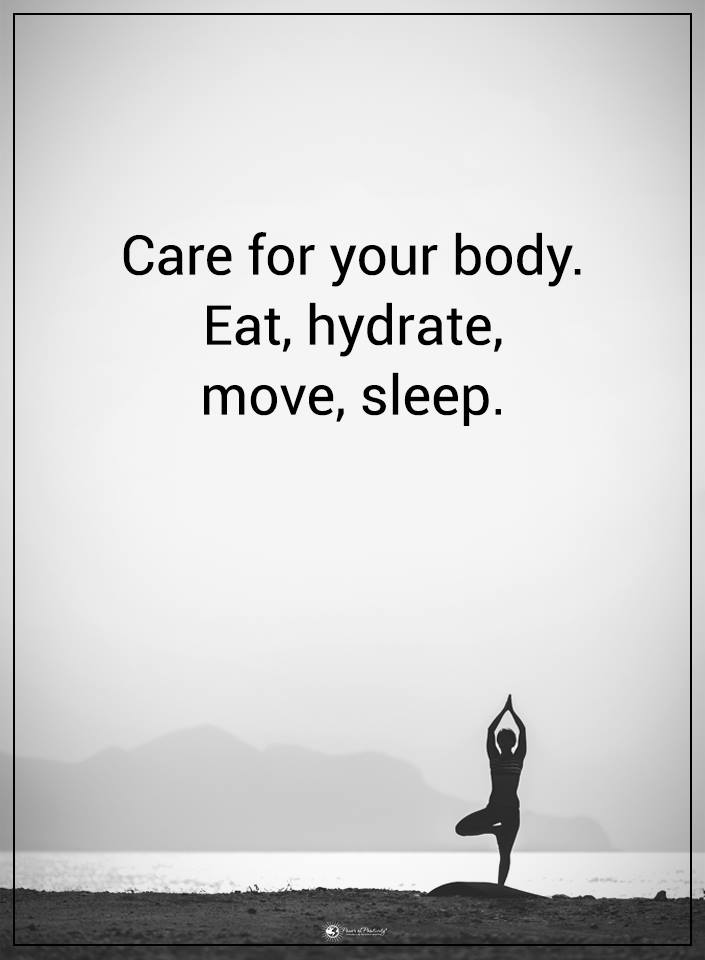Many of us take ourselves far too seriously, and that shows in the amount of stress we have in our daily lives. What if we stepped back for a few minutes to remember that there’s so much more to life than our job titles, money, accomplishments, degrees, and whatever else we identify with? Most of us spend so much time trying to become something and beat obstacles and get ahead that we forget to simply breathe, laugh, and take in the beauty that surrounds us every day. We let the voices in our heads tell us we aren’t good enough way too often, and we start to believe them after a while.
Life doesn’t have to feel like a constant battle; you can choose to have a more light-hearted approach, and just ride the waves of life rather than fighting to stay afloat.
“Don’t take life too seriously; nobody ever makes it out alive anyway.” – Van Wilder
Here are 5 signs you take yourself too seriously:

1. You don’t remember the last time you laughed at yourself – or anything at all, for that matter.
Many studies have come out in the past decade regarding the incredible health benefits of laughter, and how it really is the best medicine. Laughter has been proven to reduce stress, combat anxiety, and depression, improve memory, lower blood pressure and heart rate, release endorphins into the body, and even boost circulation and oxygen levels to organs. It offers a plethora of health benefits, and most of all, it helps you not take life so seriously. If you don’t remember the last time you laughed, I would recommend taking the highest dosage of laughter you can, because keeping our hearts light and happily allow us to live a healthier, richer life.
Go out with friends, watch a funny YouTube video, or do anything that brings a smile to your face. Just because you have responsibilities in life, does not mean you can’t enjoy yourself along the way!
2. You feel you must defend yourself constantly.
If you take yourself too seriously, you will likely feel as though everyone wants to attack you and get under your skin. You might see the world as a hostile, unfriendly place, in which you must defend your territory and belief systems. However, having this attitude will only keep people from getting close to you, and will not help you to stop taking yourself so seriously. Most people in the world actually love reaching out to others and having intelligent conversations without wanting to hurt or attack other people for their beliefs or personality.
If you feel threatened by others, work on your confidence levels so that other people start to look like friends rather than enemies in your eyes.
3. You get offended when other people question your beliefs.
As an elaboration of the last point, you shouldn’t feel threatened or on edge when other people ask questions about your beliefs or viewpoints. You should be able to have a civilized, open conversation with someone without taking it to the extreme and feeling like you must get defensive about it. If you don’t want to elaborate on how you feel, you don’t have to, but most of the time, others just want to get to know you and don’t mean any harm.
Don’t attach yourself so much to your beliefs; rather, keep an open mind so you can learn from other people, and they might just learn a lesson from you, as well.
4. You always need a goal to chase in order to feel happy.
Humans are goal-oriented creatures by nature. We want to have something to set our sights on, something to work towards, and something to accomplish. Having a dream and going after it is great, but not when it takes you out of the present moment and prevents you from enjoying life in the now. Just because you have something you want to achieve in the future, doesn’t mean you can’t embrace the present. If you can’t feel happy without having something to work towards constantly, you might be taking yourself too seriously. Try to enjoy the little things about life, and remember what truly matters: your family, friends, health, and how you treat others.
5. You compare yourself to other people constantly.
With social media and other forms of entertainment and news outlets, we don’t have to look very far to find someone to compare ourselves to. However, this only serves to make us bitter and judgmental in the end, and does nothing to help us feel good about ourselves. Next time you catch yourself doing this, remember that no one can imitate or replicate you. So go out there and show the world your unique gifts and talents, and stop trying to become someone else. You will only lose yourself by trying to be someone you’re not, so make the choice to love yourself today. If you stop taking yourself so seriously and learn to relax into your individuality, you will start to have a more open, loving perspective about life, and just enjoy the ride while you can.
6. You don’t have a sense of humor
If you get upset when someone teases you, it could mean you’re too serious. It’s normal to get into friendly banter at work, home, or school. If you get offended when people do this, you’re being too serious. Of course, there is a time to be serious, but not all the time. Having a sense of humor is healthy and makes those around you feel happier.
Instead of taking yourself so seriously, relax and allow yourself to join in the fun of friendly teasing. Friendly teasing is usually a sign that people feel comfortable around you.
7. You appear tough
If you take yourself too seriously, you may feel it’s important to come across as tough and strong. Perhaps you feel this so much that you find it hard to be vulnerable with people. Being strong is a mask you hide behind to keep others at arm’s length.
If this is you, don’t be afraid to appear less than strong, especially around trusted friends and family. Remember, it’s okay to be yourself, not a tough veneer to hide behind.
8. You’re hard on yourself
One sign that you’re too serious is that you are too hard on yourself. You feel like you need to work harder than everyone else. You may challenge yourself and load up your schedule. Likewise, you feel you need to do more than others to feel good about yourself.
If you feel like this, it may be good to step back and evaluate why you’re doing this. Maybe you feel inadequate, so you’re trying to prove yourself. Give yourself some space and relax.

9. Get upset when you make mistakes
Self-deprecating thoughts over simple mistakes are common if you view your life too seriously. Everyone makes mistakes. Even if your mistakes seem huge at first, they probably aren’t as significant as you think. Most people don’t even notice other people’s mistakes. It’s easy to be your worst critic.
When you make a mistake, try not to take it so seriously. Find a lesson you can learn from your mistake, and commit to try again.
10. You try to control everything
There are many things in life that you just can’t control. Being overly cautious and controlling is a sure sign you’re too serious about life. Of course, there are many things in life you can and should control, but you need to let go and trust God to help you with those things that are out of your control.
Being a control freak is exhausting, and it never works. Something in life will be out of your control. Try to let go of your fears and desire to control. Look to God for help to trust him with those out-of-control things you face. The well-known serenity prayer expresses this idea like this:
God, grant me the serenity to accept the things I cannot change, the courage to change the things I can, and the wisdom to know the difference.
11. It’s all about you
When you take life too seriously, you can’t let go of your ego. Everything is about you and how it makes you feel or look. You may express this by
- Avoiding social situations where you don’t feel comfortable
- Overly worrying about what others think about you
- Getting angry if someone doesn’t give you the attention you think you deserve
- Assuming people should know what you need, so you don’t ask
- Drawing conversations back to yourself instead of focusing on the other person
Try to step back and harness that ego of yours. Assume that you aren’t the most important person in the room and focus on others.
12. You’re not humble
Being too serious often means you don’t like to be told you’re wrong. Maybe you don’t like being evaluated or getting feedback at work. Humility is having a low estimation of your importance. Characteristic qualities of humility include:
- Being grateful
- Not boasting about yourself or your accomplishments
- Not giving into pride or arrogance
- Being kind, not rude
- Not belittling others
Begin practicing these qualities in your life. Choose humility when you’re tempted to be prideful. Keep working at it. You can grow in humility as you practice it every day.
13. You’re a loner
People who stay socially connected to friends and family are happier and healthier than people who chose to be alone. They typically live longer than people who are less connected to their community. It’s okay to be alone sometimes, but if you pull away from people all the time, it’s not healthy. Find ways to get involved in your community. Strive to stop taking yourself so seriously and allow others into your world.
14. You can’t give compliments
If you’re overly serious, you may think that it’s disingenuous to give compliments. Or perhaps you see nothing good in others to compliment. Either of these thoughts means your ego is showing. Giving compliments isn’t wrong if your motive is to encourage someone, not just flatter them. Be on the lookout for good things that other people do and genuinely compliment them about it.
15. You aren’t grateful
Studies show that gratefulness and well-being go hand in hand. People who express gratitude are happier. They see every day as a gift from God. They don’t take things or people for granted. Gratefulness is a remedy for being too serious. Fostering positivity helps you enjoy life. You aren’t as caught up in being successful, but enjoy the adventure of being alive.
If you take life too seriously, it may be time to look around at all the good things you have in life. Even if your life isn’t perfect, there is always something or someone you can be grateful for.
Final Thoughts on Taking Yourself Too Seriously
Life is hard. It’s easy to get busy with work, friends, and family. Too much stress in your life will cause you to become too serious. If you take your life too seriously, it may be time to step forward and re-evaluate your life. Try to include gratitude, laughter, and complimenting others in your day. Enjoy your life, even all the imperfections. There is beauty all around you if you can take the time to see it. Today is a good day to stop taking yourself too seriously and enjoy being who you were meant to be.














